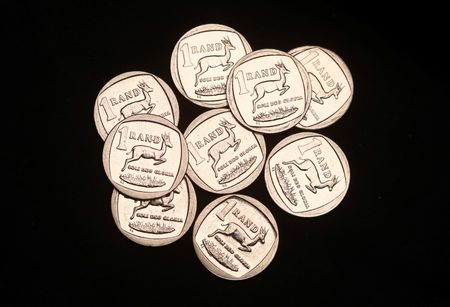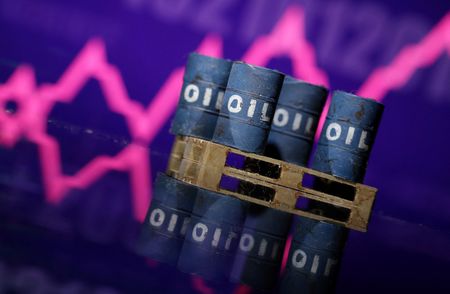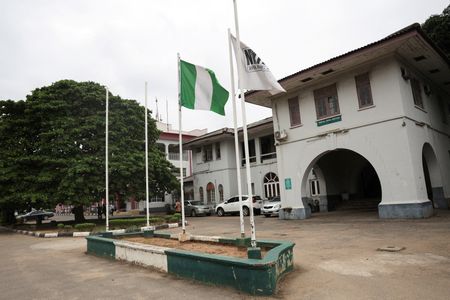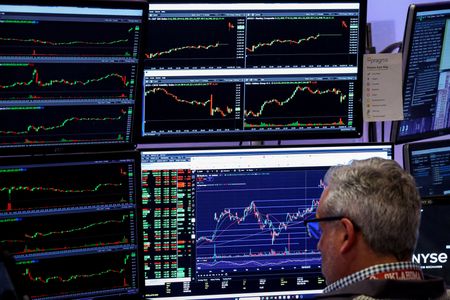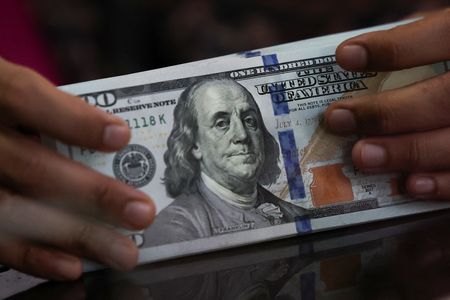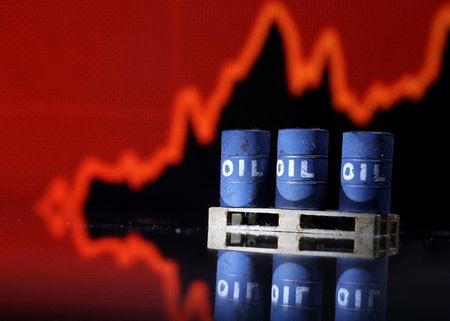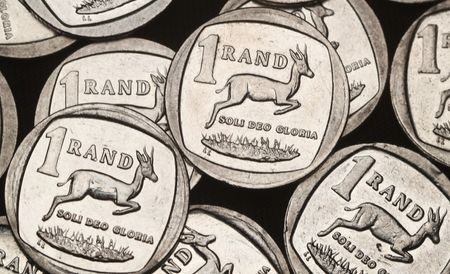By Isaac Anyaogu
LAGOS (Reuters) -Nigerian fuel traders are struggling to secure gasoline supplies from two newly refurbished state-run refineries six months after they were declared operational, they say, leaving them reliant on the privately owned Dangote oil refinery and imports.
Nigeria, which has suffered years of fuel shortages, has spent about $2.4 billion since 2021 to revive the long-mothballed state-owned Port Harcourt and Warri refineries in the Niger Delta to end reliance on imported refined products.
The initial phase of the refurbishment was declared complete in December 2024.
However, fuel trading group the Petroleum Products Retail Outlets Owners Association of Nigeria (PETROAN) said its more than 6,700 members were still dependent on imports and the Dangote Refinery, Africa’s biggest, which is yet to reach full production capacity.
According to data from the regulator, by March, the last month for which full data is available, there was no gasoline output at Port Harcourt, previously Nigeria’s largest refinery.
In the same month the Dangote refinery produced 20.6 million litres of gasoline, with imports adding another 25.19 million litres to supply – equivalent to 92% of Nigeria’s 50 million litre-per-day gasoline market.
The Port Harcourt plant continues to refine diesel.
NNPC, which operates the Port Harcourt and Warri refineries, did not respond to a request for comment on the reason for the lack of gasoline supply.
PETROAN said there should be transparency on the state of the refineries, adding in a statement that Nigerians “want to know the exact date of delivery of the revamp project”.
Heads of Nigeria’s four state-owned refineries were fired by the newly appointed NNPC CEO on April 30, about a month after his appointment.
Nigeria spent 15.4 trillion naira ($9.63 billion) on gasoline imports last year, more than doubling 7.51 trillion naira spent in 2023 according to data from the National Bureau of Statistics, a bill that authorities want to drastically reduce by processing the product locally.
($1 = 1,599.3400 naira)
(Reporting by Isaac Anyaogu; Editing by Jan Harvey)


